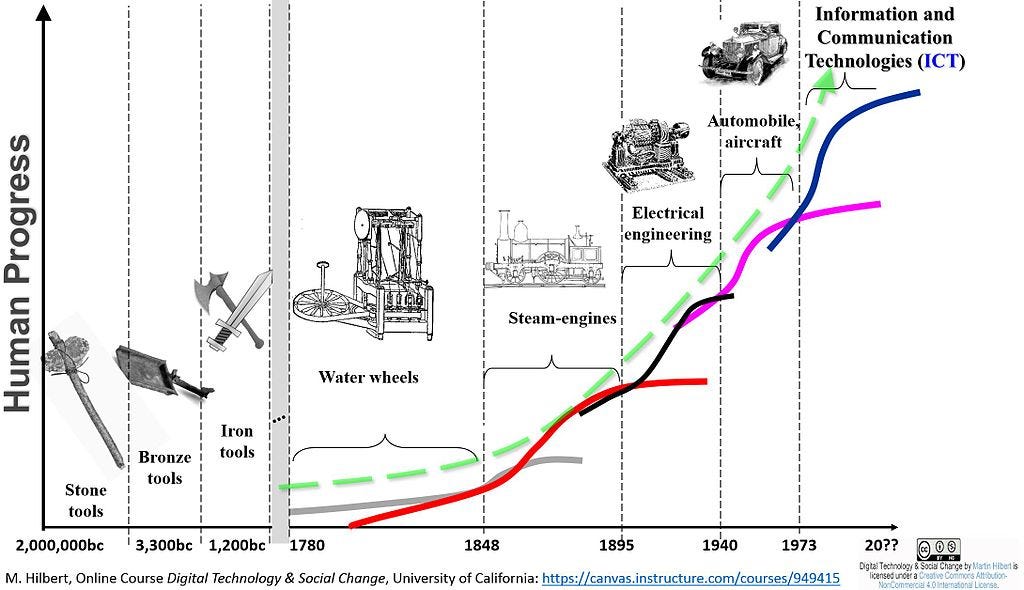Getting Free of the World Wide Web of Artifice, Isolation, and Stupidity
Let's face it, nonstop internet connection is making humans as a species lonelier, less healthy, and stupider. It's time for real alternatives.
Urban planners would call my living arrangement “housing of last resort.” It’s a month-to-month efficiency apartment in a building teeming with residents who, like me, have been around the block multiple times, often taking extended trips in the gutter. It’s clean and quiet enough, particularly coming from New York City as I did, but the building’s selling points are its relative affordability, flexibility of use, privacy, and location near Boulder’s running trails. It does not have “world class amenities,” and one relatively essential amenity , the building’s internet service , was broken for a week recently.
I often ponder the pace of human technological development and adoption, which until the last 300 years, was incremental and occurred over decades, if not centuries. For example, humans around the world relied on animal-drawn carts and carriages for millennia, yet automobiles almost entirely replaced them in less than a century. Global supply economics and computer-aided design and distribution have accelerated the rate of technological development to the point where modern humans are expected to adopt every new piece of hardware or software, treating them as both instantaneously indispensable and replaceable. In the past couple decades, I’ve witnessed things like MySpace, Vine, Pokemon Go, Hoverboards, and DVD players become ubiquitous and/or requisite technology, only to be replaced by newer technology, and then discarded and forgotten about.
Even more than cars, the internet and mobile devices have asserted themselves as requisite technology for modern life, even though they’ve existed for a tiny moment in the context of human history. Half of my life was spent without the internet, and it wasn’t until my first iPhone circa 2014 when I entered the information superhighway, making mobile apps, browsers, GPS, etc. indispensable parts of my communication setup. I remember life without the internet and uninterrupted connection, and last week’s busted internet took me back to my 2006 usage, when online time was limited to school (now a cafe) and public signals (I no longer have a cell phone, which is a separate newsletter). Like 2006, I was unable to sit at home alone aimlessly scrolling , which more recently has been a major time and energy sink.
I resorted to watching cable TV, but because I binged on it during the lockdown, TV has mostly lost its appeal. I’m a semi-serious runner, which provided some activity, but there were many moments during the week spent stuck at home in a digital stimulation-free void. In that void I experienced the structural horror of modern life, which has replaced and displaced community, human connection, physical activity, mental stimulation, and celebration with technological simulacrum. This distorted version of reality is largely made tolerable with cocktails of palliatives like the internet, social media, TV, junk food, drugs, and alcohol. If you’re not using numbing agents, you’re probably not paying attention.
Above is a portion of an interview I gave recently speaks to the isolating structure of modern life.
The internet was restored the other night, and I found myself reflexively scrolling again, but my offline week did much to diminish its appeal and renew my interest in creating tangible alternatives to “meta” living.


